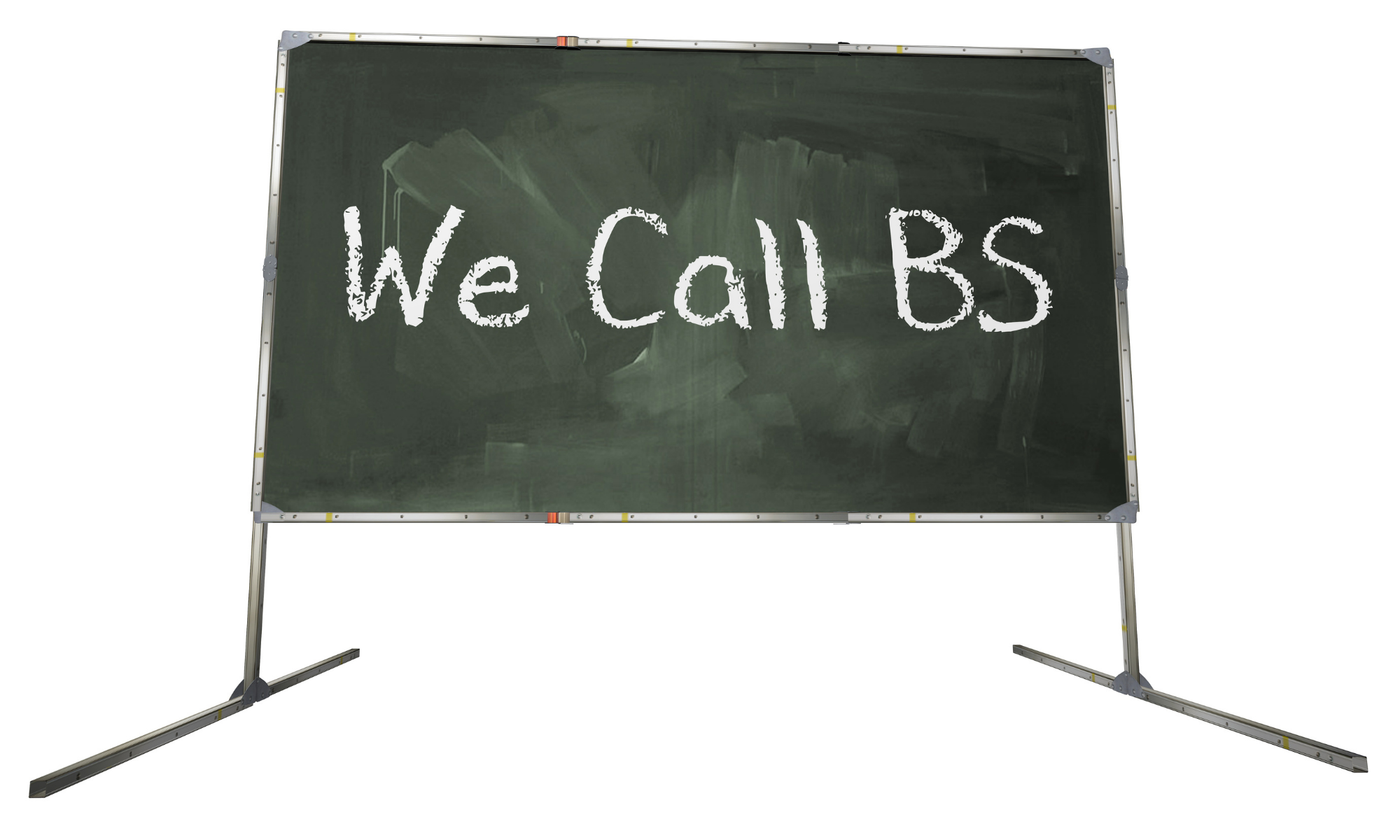Affirmations That Work
Did you know your brain has a natural BS detection system? The areas (ACC and OFC for short) are located in the front part of our brain and connected to the emotional center. They’re wired to match your expectations and views of the world and alert you whenever something seems off, new, unusual, or challenges expectations. My BS detector sounded off the other day when I proclaimed I would do sit ups every day for one month. I hate to admit it, but as soon I said it, my brain said, “Yea, right. We’ll see how long this lasts.” Unfortunately, she was right. I kept it up for seven days and by day eight, I felt distracted and daily sit ups soon fell by the wayside.
The next time I have a goal like that, I will support it with a strategy that has worked for me in the past. The strategy boils down to me calming the error detectors in my brain by wording new beliefs I aspire to in a way that allows my brain to align with my goals and avoid triggering disbelief. Would you like to try it? Like most new habit formation processes, it’s helpful to begin with radical acceptance of your situation and state of mind. Having an emotional processing practice where you label your feelings and identify limiting beliefs about self-worth, deservingness, or “just the way life is” is helpful, too. It’s specific to every individual, so be sure to consider this before moving forward.
Secondly, having a practice and support to transform any deeply rooted beliefs, habits, and behaviors associated with them will be key to helping your brain be more open to new, inspiring, and empowering affirmations for your good. This looks like limiting:
Avoidance by spiritual bypassing, changing the subject or diving into another activity to focus on something you’re good at or used to controlling.
Rumination where you spend a lot of time thinking about perceived faults and spinning into analysis paralysis where the same thoughts run on a perpetual loop in your head.
Projection that looks like attributing unwanted emotions or traits you don't like about yourself onto someone else.
Own your experience by connecting with the emotions that rise up in your body and identify your ideal state of being.
Now, we can affirm.
There is so much power in starting affirmation with the words, “I am”. I am all by itself is an absolute statement. It is conscious, self-propelling and activates the power of one’s own will. Whatever follows I am activates your will and what you are to become. It also activates your brain’s BS detector if that state is new, different or not what it’s used to. To assuage error detection and activate your brain’s solution finding capabilities instead, follow I am with realistic, aspirational action words in statements like:
I am learning to be kind to myself about my weight. Instead of, I am kind to myself about my weight.
I am looking for opportunities to showcase my talent vs. I am a sought after expert in my field.
I am making money moves vs. I am rich.
Get the picture?
Or, take a page out of my fave, forever FLOTUS, Michelle Obama’s book and proudly state what you are, “Becoming.”
The idea is to build a bridge between your current and future states of being that your mind will more easily accept, adapt to, and help you achieve. If that still sets off conflicting feelings for you, try rephrasing affirmations as questions called Afformations®, a term coined by Noah St. John. Questions like, “Why am I improving as a public speaker?”, or, “Why do my children think I am such a great mother?,” will, as stated before, influence your brain to agree with you and find solutions.
Lastly, gentle, self-hypnosis techniques like playing recordings of your voice saying your personally customized affirmations when you’re in a relaxed state, like as you go to sleep at night or as you wake up in the morning, will take advantage of the times of day when your brain is most receptive to new information. I will always remember the first morning I woke up after playing a recording of my voiced affirmations overnight. I felt surprisingly light and renewed! There was something about hearing my own intentions in my own words and voice (I hear more than anyone else’s) that helped my brain take in new ideas with rewarding results.
Of course, results vary and your experience may be quite different from mine. But, it’s worth having a whirl for yourself and seeing if it serves you. Say it with me, “I am becoming open to the idea that affirmations in my own words and voice will work for me.” Alright, you got it! Now, experiment and let me know how it goes.
Keshawn Hughes is an intuitive, neuroscience-based coach who helps individuals and organizations improve their lives and business outcomes. Schedule a Discovery Call today to see how she can help you, and learn more ways to optimize your life at keshawnhughes.com


